
Just imagine you are facing a financial crunch. As a result, you have decided to take out a personal loan. Suddenly, you realize that your loan application was rejected. The world feels like crashing down. Sounds scary, right?
This is not a hypothetical situation. In fact, this is a reality that people are facing all around the world. The banks are willing to give out money bust only to people who qualify. Therefore, let us follow along to understand what are the most prominent personal loan rejection reasons.
This will help you be in a better and more informed situation.
Why Was Your Personal Loan Application Rejected?
People usually take out loans when they are in need of money. Therefore, to get your loan rejected when you are in a hole can be a disheartening journey to say the least.
Therefore, understanding the personal loan rejection reasons becomes paramount for a loan taker. In this section, we will be looking at some of the primary reasons as to why your personal loan was rejected.
Here we go!
Poor Credit History Or A Lousy Score
Irrespective of your monthly income and expenses, if you have a poor credit history or a low credit score, there’s a good chance your application will be declined. Lenders use credit scores to make a final decision, so checking your score before applying for a loan is wise.
With this, your credit score could also be impacted by an error. Credit report errors affect as many as one in five Americans. Even the smallest inaccuracy on your credit report could lead to denials of credit facilities and even spikes in interest.
If your credit score is the culprit behind your declined loan application, review your credit report and confirm that there are no suspicious errors. If there are any errors, contact Philadelphia credit report error attorneys to resolve the inaccuracies. On the other hand, if there are no errors, you must implement measures to boost your credit score. Paying bills on time, illuminating small debts, and using available credit sparingly are all ways to improve your credit score.
High Debt-To-Income Ratio
A high debt-to-income ratio is another common reason loan applications are quickly declined. This metric explains how much of your income is devoted to repaying existing debts.
The general guidelines for acceptable debt-to-income ratios are about 40% debt to 60% income. If your debt exceeds 40% of your income, you must pay off some accounts before applying for another loan.
Incomplete or Inaccurate Applications
Loan applications must be filled in accurately. If even one detail is incorrect, the application can be rejected. When filling out applications, take your time to provide an accurate response to each question. Avoid rounding off costs in your budget breakdown, and be sure to add correct account details and identity documents.
Unstable Employment
Even though you might be able to access an emergency loan without a job, substantial financial assistance will require you to be employed full-time for at least six months. Your bank statement will confirm the duration of your employment.
At the same time, securing a loan is a bit more complex if you are self-employed. You will need to provide several more bank statements to confirm affordability.
Previous Loan Repayment Defaults
If you previously battled to make payments on a loan, these mishaps will show up on your credit record and label you as a slow payer and a high risk for lenders. Previous bankruptcy is another concern that will impact application approval.
If you have missed payments in the past six months, it’s best to consistently pay bills before reapplying for financial assistance.
Lack of Collateral
If you are applying for a mortgage loan or an auto loan, the lender might insist on collateral in the form of a down payment or asset surety. Unfortunately, if you cannot provide the relevant required collateral, your application will be rejected by lenders.
Low Income
Just because you feel you can afford the repayments doesn’t necessarily mean you can. More often than not, if your loan is rejected due to low affordability, it’s best to apply for a smaller amount.
Lenders compare your income, expenses, and current debt obligations to repayment fees. You won’t be approved if you don’t earn enough to afford the repayments comfortably. However, in some cases, you can adjust your budget, cut costs where possible, and reapply with a smaller expense budget.
What To Do When Personal Loan Is Rejected?
Getting your loan rejected might send you down the rabbit hole of despair. However, trust us when we tell you that this is not the end of the world.
You can take steps to deal with this situation. Here is a small rundown of some of the things that you need to do to deal with personal loan rejection:
- Step #1: The foremost thing that you need to do is understand the primary reason for rejection. This can be a tricky task as most banks can provide you with a plethora of reasons that are not always true. Therefore, take the help of an expert and look at the primary personal loan rejection reasons to have some clarity.
- Step #2: The next thing that you need to do is have a clear understanding of the credit score. A credit score is one of the primary markers of personal loan eligibility. Therefore, keep a watchful eye on the credit score.
- Step #3: Then, you need to see and assess your income-to-debt ratio. This is a very important detail that you need to understand. The ratio should not exceed too much. Otherwise, you will not qualify for the said bracket.
- Step #4: If things do not work out on this front, you need to understand the need to explore other options. These options can be unconventional. However, they can help you get through.
The Final Thought
There are several common reasons your loan application can be declined. But before you start sifting through credit report accounts and adjusting your budget, it’s wise to reach out to the lender to address the reasons for the rejection.
Nevertheless, you can still look for other lenders with less stringent requirements. But in this case, be weary of higher interest rates. Otherwise, consider applying for a different type of loan.
It’s easier to receive approval for a personal loan than to access a mortgage or auto loan, so review all your options before trying again.
Read Also:
- Best Law Firms In Mississippi
- Best Law Firms In Massachusetts
- Top 8 Questions On Massachusetts Divorce Laws





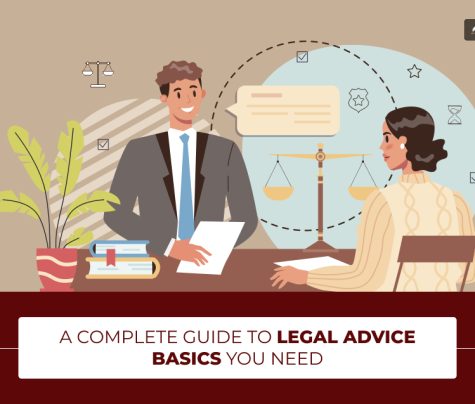
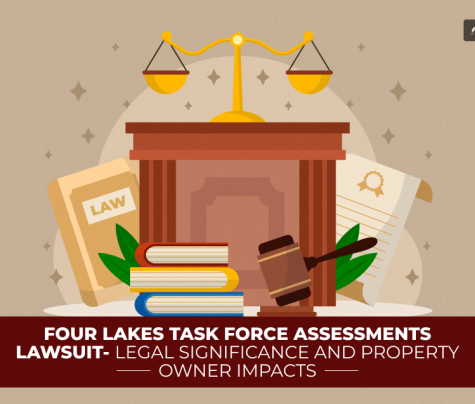
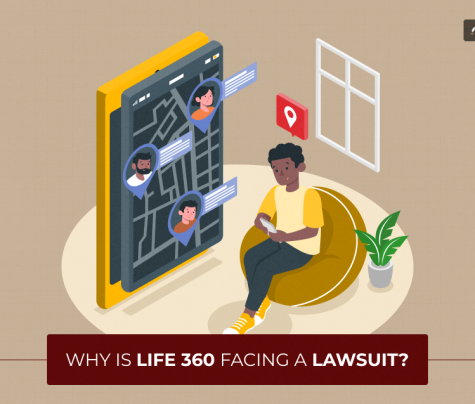
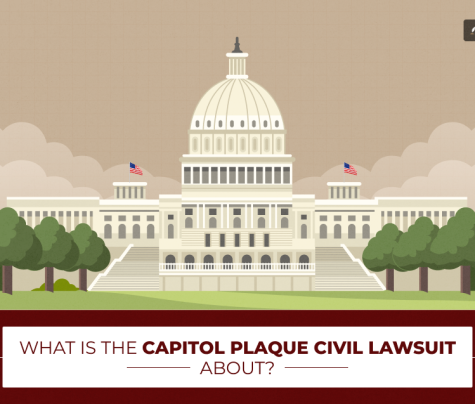
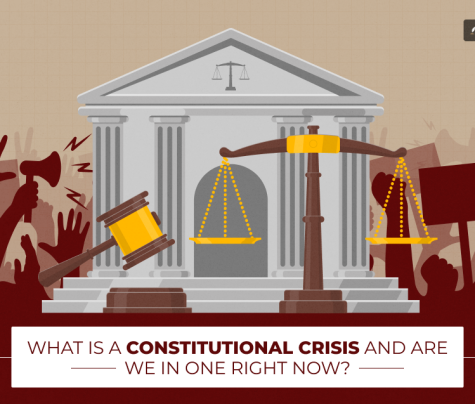
1 Reply
Merchants Urge Amazon Fee Reductions Amid FTC Lawsuit
September 29, 2023 at 5:51 am
[…] Reasons Your Loan Application Was Declined […]
Reply